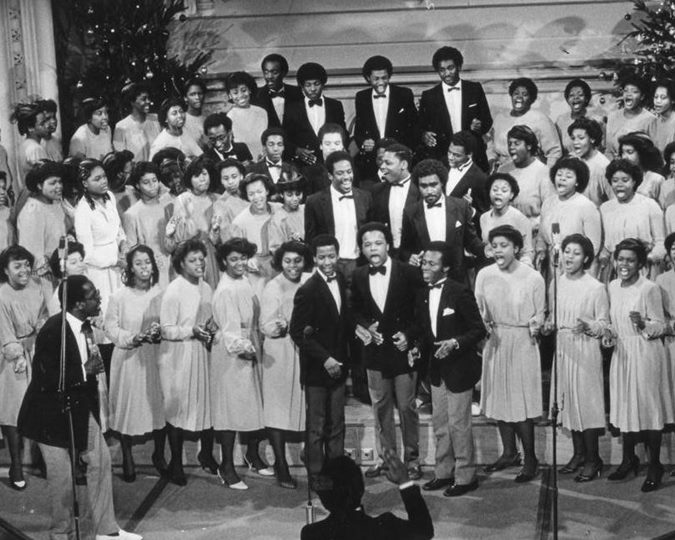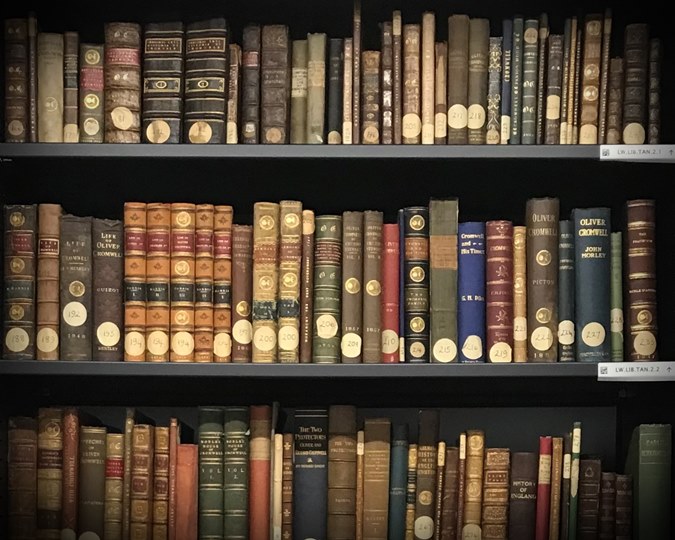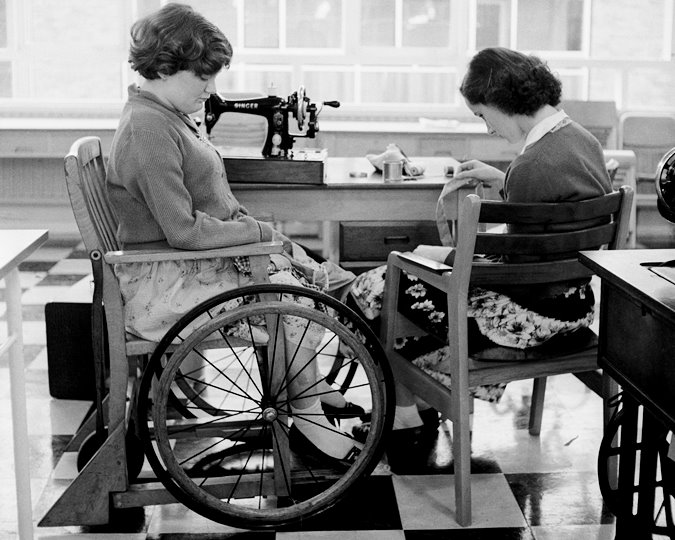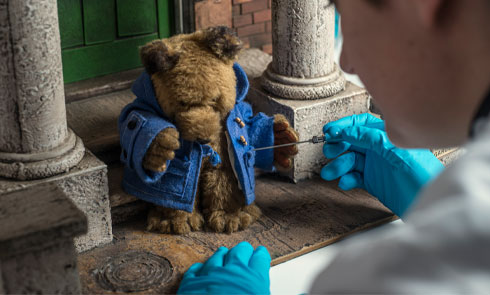Rose Emma Lamartine Yates was a Suffragette and social campaigner.
Rose Janau was born in Brixton and educated at Royal Holloway, passing at Oxford University final exam in 1899. In 1900 she married a solicitor, Thomas Lamartine Yates, that she had met through the Cyclists Touring Club and in 1908 gave birth to her son Paul.
In January 1909 her husband gave Rose a letter containing the sentence 'The present I give there is not gold or silver but permission freely and gladly, to offer up thy liberty for the benefit of downtrodden women'. The same month Rose joined the newly founded Wimbledon branch of the Women's Social and Political Union.
In February 1909, when Paul was 8 months old she served her only term of imprisonment for taking part in a deputation to the House of Commons. She was sentenced to one month in Holloway, despite a spirited defence mounted by her husband.
By 1910 Rose was treasurer and organising secretary of the WSPU Wimbledon branch and often chaired meetings on Wimbledon Common. Despite attempts by the Home Secretary to prevent the WSPU holding public meetings Rose maintained the right of free speech on the Common, but often faced hostile crowds and a large police presence. In 1911 Rose's husband Tom, a member of the Men's Political Union for Women's Enfranchisement was arrested but not prosecuted during a demonstration. He often acted as legal advisor to the WSPU and represented the Davison family during the inquest into the death of Emily Wilding Davison. Rose had been at Emily's bedside when she died, and headed her funeral procession alongside Mary Leigh.
At the beginning of the First World War the Wimbledon WSPU converted its meeting room and shop into a soup kitchen and opened another in nearby Merton. The war precipitated a split between Yates and the leading suffragette, Emmeline Pankhurst. Under the latter's leadership the WSPU suspended its militant campaign for female suffrage, instead backing the government in the fight against Germany. Yates and others disagreed with this policy, and broke away to form a new body, the Suffragettes of the WSPU.
After the passage in 1918 of the Representation of the People Act which gave limited suffrage to women, Rose was elected to London County Council in 1919, the only Independent at the time. She served for three years, championing equal pay, increased public housing, and the provision of nursery education.
Yates led the way in building an archive of the suffrage campaign, and in 1939 she opened the Women's Record House in Great Smith Square, London. The building was bombed during the Second World War, but some of its records were saved and are now part of the museum's Suffragette collections.








